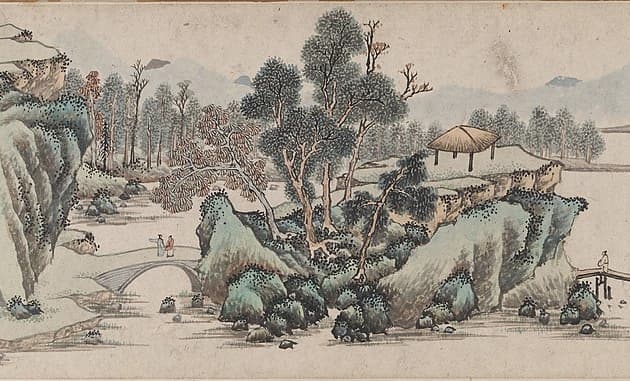
Can Trump ‘Nationalize’ Elections?
By THE NEW YORK SUN
|Li Po lived in the Tang dynasty and was the central figure in Chinese poetry’s ‘Golden Age.’ He has an unassailable place in world literature.

Already have a subscription? Sign in to continue reading
$0.01/day for 60 days
Cancel anytime
By continuing you agree to our Privacy Policy and Terms of Service.
By BRADLEY CORTRIGHT
|